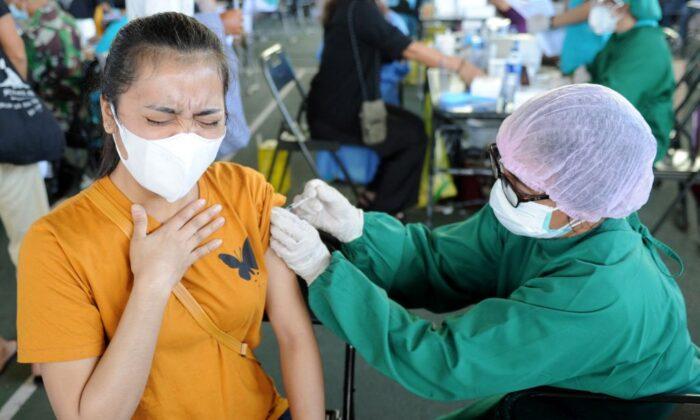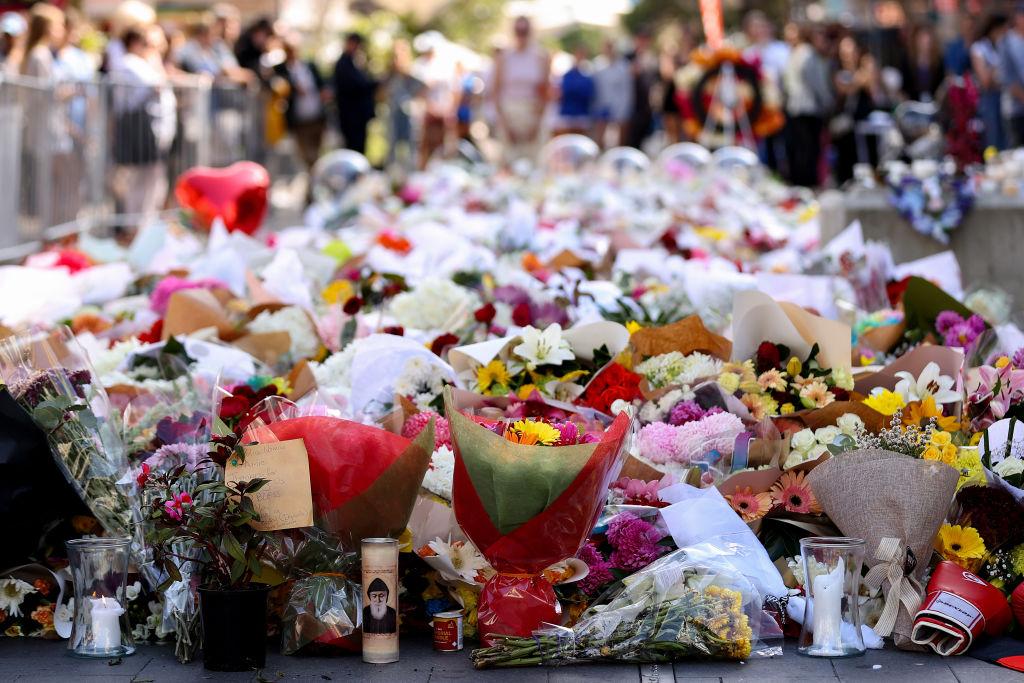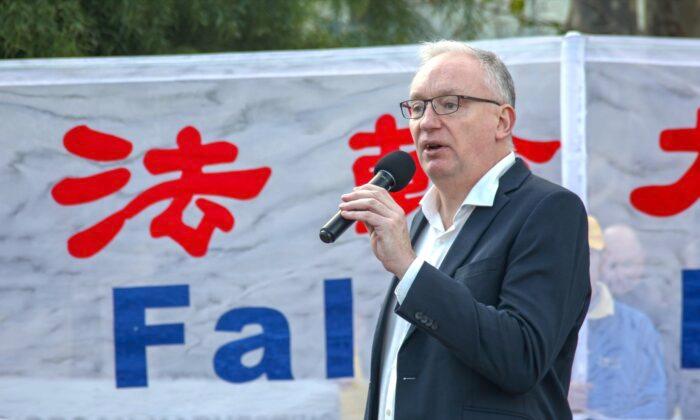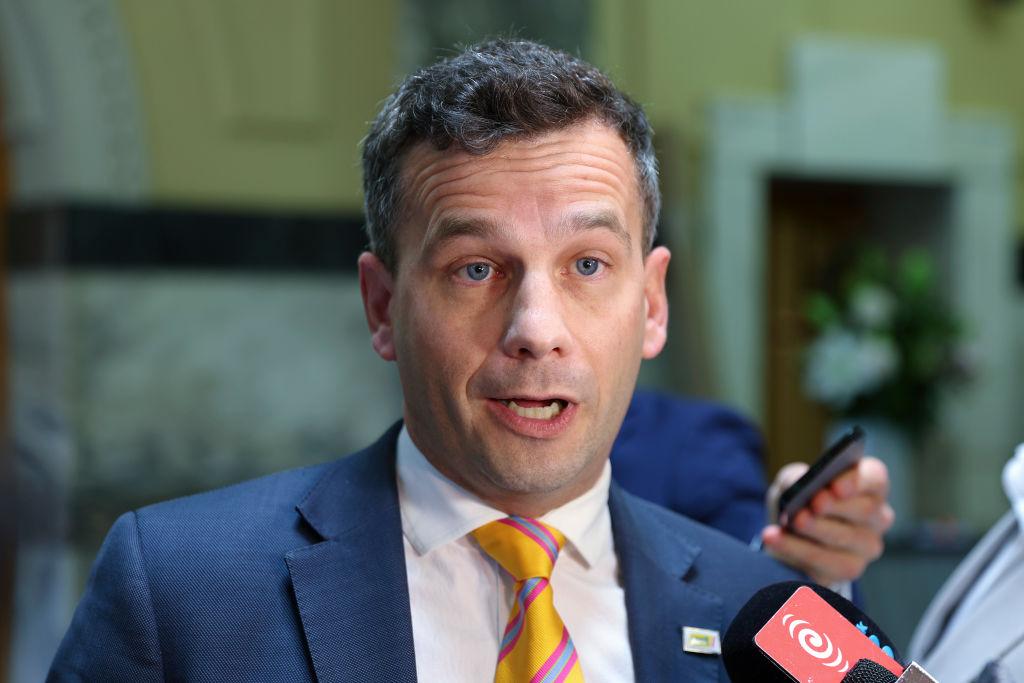Australia has pledged $50 million (US$33.4 million) to the new Pandemic Fund, a new global fund launched by Indonesian President Joko Widodo in Bali on Nov. 13.
The Pandemic Fund, hosted by the World Bank, is the result of global lessons learnt from the COVID-19 pandemic, designed to improve preparedness capabilities for future pandemic threats in developing countries.
Prime Minister Anthony Albanese welcomed Indonesia’s leadership in establishing the fund.
Twenty-four donors have already committed a total of US$1.4 billion to the fund. Widodo encouraged all donors to give additional support to other global health initiatives, such as establishing a health emergency coordination platform.
Fund to Strengthen Global Surveillance and Reporting Systems
Chatib Basri, the co-Chair of the Pandemic Fund governing board, said this was the first time the international community collaborated on a PPR funding mechanism for low- and middle-income countries.Priya Basu, the executive head of the Pandemic Fund secretariat, said they were focused on coordination among partners and maintaining high standards of transparency and accountability.
“[The Fund’s] inclusive governance balances representation from contributors and co-investors and provides a strong voice for civil society,” she said.
“We’ve built flexibility to deliver support to countries through a variety of existing institutions engaged in international financing of PPR, complementing their work and what countries themselves are doing.”
Federal Minister for Health Mark Butler said the fund will “go a long way to strengthening global surveillance and reporting systems.”
“I think this biomedical security state apparatus that has been put in place during the pandemic will remain in place and will be redeployed for other purposes,” he said. “A good example to wrap your head around this is the idea of the vaccine passport.”
Australia has already committed $838 million in support for regional and global vaccine access.






Friends Read Free